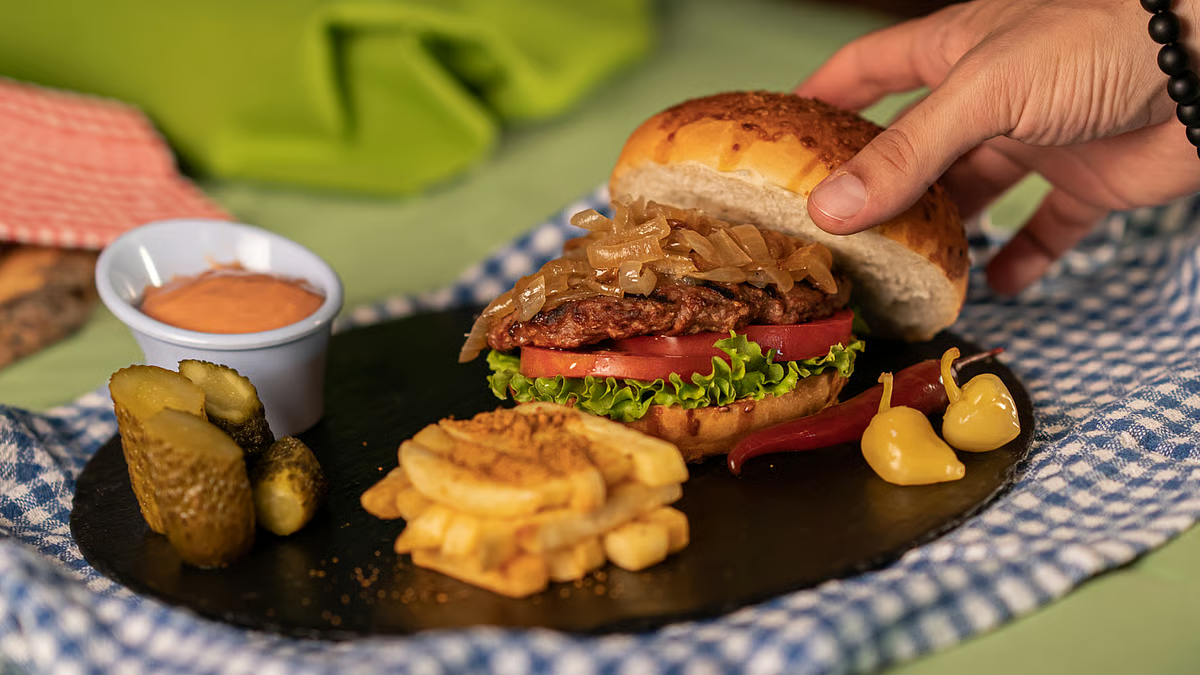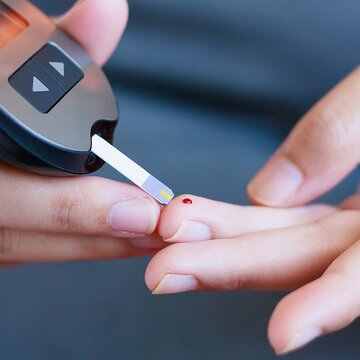Unable to control your cravings? Do you overindulge when your favorite foods are in sight? Followed by bloating and incessant burping? But the issue isn't confined to mere indigestion. This unbridled eating is causing weight gain. It's diminishing your energy to work and increasing the risks of fatty liver, diabetes, and heart problems. When unrestrained eating is at the root of it all, rein in this habit with these 6 approaches.
Eat only when hungry
Refrain from eating simply because it's mealtime if you're not actually hungry. Cultivate the habit of consuming the right food in the right quantity at the right time. You'll notice this habit naturally aligns your breakfast, lunch, and dinner to appropriate times.
No mobile phone use or television watching during meals
These distractions compromise your focus on food. You lose track of when you're full. Therefore, give your undivided attention to your meal. This way, you'll stop eating once you're satiated.
Use smaller plates and bowls
A small portion appears substantial on a smaller plate. You'll eat less when there's less on your plate. This habit is also remarkably effective for weight loss. If necessary, measure your food portions. This, too, will help you control overeating.
Drink a glass of water before sitting down to eat
It fills up your stomach. Consequently, you'll be less inclined to consume heavy foods in large quantities. You can also employ this trick for weight loss and to aid digestion.
Whether it's breakfast or lunch, ensure your plate includes protein-rich foods
Protein satiates quickly. And once you're full, you'll stop eating. However, ensure these protein-rich foods are healthy. For instance, you could have bananas, yogurt, or oats for breakfast. For lunch, include chicken, lentils, fish, or paneer. While protein at dinner is fine, make sure it's easily digestible.
Many resort to 'binge eating' when under extreme mental stress
In other words, they continue to eat appetizing foods even without hunger. This 'binge eating' is often referred to as 'eating with your eyes'. It's a common occurrence during high-stress periods. To avoid this problem, aim for 7-8 hours of sleep at night and engage in regular physical exercise.











